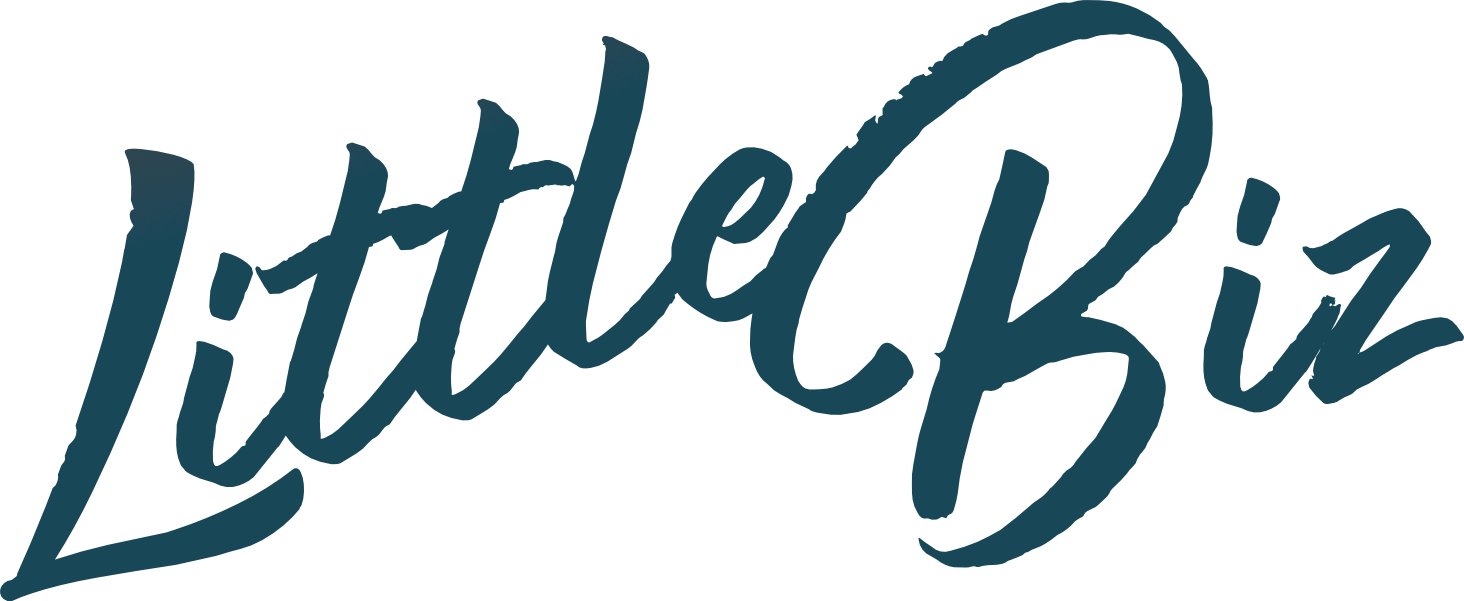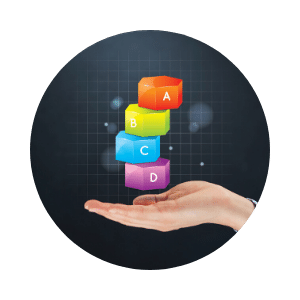I work with a lot of small and micro businesses and as soon as I mention SEO, the very next thing said is often ‘What is SEO?’
SEO stands for Search Engine Optimization, so in basic terms, it is how well you optimize your website for a search engine (GOOGLE) to rank your website. The reason you want good rankings in a search engines eyes is because they are the ones who determine how relevant your website is when giving results to a user when they ‘google’ something.
Basically, if you have a well optimized website, you have a better chance of landing higher up the search results.
Well that’s not too hard, what do I need to do to get on the first page of google?
Hold up buddy, not so quick!! Let me give you a little more information about SEO.
Google indexes all the websites on the web with little bots called crawlers. These crawl like spiders on an a web, following all the little links and trails. Whilst it is crawling through the web pages, it reads all the words and how they are formatted, and then each website gets indexed.
Google has a huge list of different things it is looking for when it is indexing your site, but I’ll get to that in a little bit.
The Google bots like links, because they form part of the web they crawl through, so it is important that you have internal links between your pages (other than your main navigation) and also some outgoing links and good backlinks, which are links from other pages to yours.
So, how does Google rank my website?
Over the years “SEO Experts” have been working out how to trick the google bots into ranking their website high up the list. These hacks used to include loading keywords, even making them the same colour as the background to trick the bots, but now this exact hack is penalized!
The best way to rank your website with search engines is by providing the user with a great user experience. As such, to grow your website search rankings, you need to enhance your user experience.
Here are a few tips to make the user experience better on your website:
- Layout. Does the website make sense?
- Keyword density. Not too many keywords, as this is spammy and makes the website harder to read.
- Easy to read. Great sentence structure with keywords that make sense.
- Internal links. Links to other pages on your website, helping the user where to go next on their website journey.
- External links. Where possible add links to external websites, such as image or content sources.
- Loading time. A quicker loading time = better user experience.
- New content. Keep adding new content or changing your content to keep it up to date. There is nothing worse than information that is no longer relevant in google search results!
The list can go on and on, but I will save some suggestions for a later post.
Start here with your SEO, with the intention of improving User Experience, and you will have the added benefit of helping your organic search result listings.
Subscribe to our free weekly Little Biz SEO Tips emails
Our emails deliver weekly Little Biz SEO Tips to help you master your organic SEO


